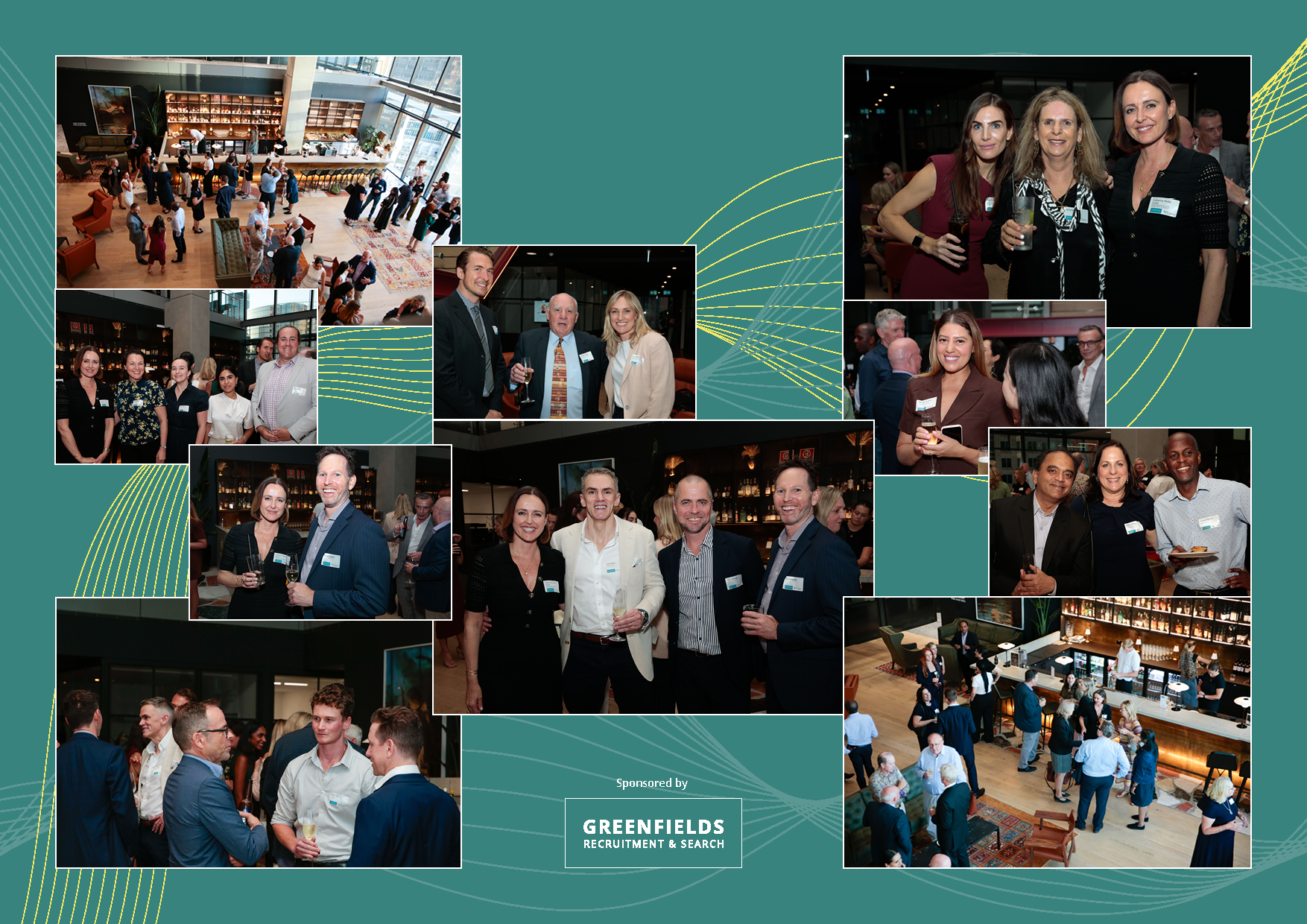
Perfectionism is a double-edged sword. On one hand, it can motivate you to perform at a high level and deliver top-quality work. On the other hand, it can cause you unnecessary anxiety and slow you down. How can you harness the positives of your perfectionism while mitigating the negatives? What measures or practices can you use to keep your perfectionism in check? Should you enlist the help of others?
What the Experts Say
“A lot of perfectionistic tendencies are rooted in fear and insecurity,” says Matt Plummer, founder of Zarvana, the online coaching service that helps workers become more productive. “Many perfectionists worry that if they let go of their [meticulousness and conscientiousness], it will hurt their performance and standing.” And so they cling to their perfectionism even when it’s counterproductive. If this describes you, take heart. Reining in your perfectionistic propensities is not as hard as it sounds. “It’s about rechanneling a strength of yours rather than aiming for a lower goal.” Your aim is to take “some of the pressure off yourself,” says Alice Boyes, a former clinical psychologist and author of The Healthy Mind Toolkit and The Anxiety Toolkit. Of course that’s easier said than done. But the fact remains, “if you genuinely want to be a high achiever, you’re bound to do some things imperfectly.” Here are some ideas of how to let go of your penchant for perfectionism.
See the big pictureAs any perfectionist will tell you, being perfect isn’t easy. Your diligence “takes a lot of effort,” and your attention to detail is “incredibly time-consuming,” says Plummer. Of course, as a perfectionist you’re never going to aim for merely adequate — nor should you. But you must also “recognize the opportunity cost and time” of your behavior. “Ask yourself: Am I using my time wisely? Am I being productive?” He recommends focusing on “maximizing the impact” of your work. “You can spend an extra three hours making a presentation perfect, but does that improve the impact for the client or your organization?” Boyes concurs. “Shift your mindset,” she says. You’re going to be “less perfect about some things, so you can concentrate on what’s important.” If you’re continuing to tinker on an assignment that most others would consider complete, try to “recognize that just getting it done” is a decent goal. “There’s a point of diminishing returns” when it comes to sweating the small stuff and nitpicking niggling details.
Adjust your standards
Managing your perfectionism also requires you to “calibrate your standards,” says Plummer. Say, for example, you’re grinding out an important memo for your organization. He suggests showing your efforts to a colleague or supervisor early in the process. You may discover it’s “already good enough” and “that task you thought could take 10 hours could really take only five.” Don’t be shy or embarrassed. “It’s your first draft,” says Boyes. And even if you need to continue to work on it, the “feedback you receive will help you improve.” Keep in mind, too, that this memo needn’t be worthy of a Pulitzer. “What you’re saying doesn’t have to be the final word, it just has to contribute something useful.”
Create a checklist
The pursuit of perfection is a bit like wandering on an aimless journey, says Plummer. “You keep walking and walking, but you’re not sure that you’re getting any closer to your destination,” he says. Similarly, “a perfectionist is always going to want to keep working [on a given assignment.] But the end result is rarely satisfying.” So, rather than toil “in search of this amorphous goal of perfection,” he recommends, “creating a checklist” for each task. Say, for instance, you’re working on an important client pitch. The perfectionist in you might fret over the font choice and sweat every semi-colon. But with a checklist that reminds you to confirm you’ve spelled things correctly and to eliminate basic editing errors, you needn’t endlessly slog. “You’re following a process with discrete and measurable goals,” he says. Once you’ve ticked off the items on your list, “you’re done.”
Break the cycle of rumination
Many perfectionists have a proclivity to ruminate — repetitively mulling over a thought or problem without ever coming to a resolution. “It’s related to anxiety,” says Boyes. People who ruminate tend to be “less forgiving of themselves.” It’s unhealthy, and it’s unproductive. “Don’t confuse ruminating with problem-solving.” Instead look for ways to disrupt the cycle.
- Identify your triggers. The first step in conquering this habit is to “learn to recognize when you’re ruminating,” says Boyes. Figure out what sets you off. Make note of the situation: where you are, the time of day, and who’s around. “Find your consistent patterns,” then think about ways you might steer clear of or control those factors.
- Don’t trust your first reaction. If you’re dwelling on a past event, such as an interaction with a colleague, be cautious. You might not have an accurate read of the situation, says Boyes. When you ruminate, “you tend to focus on all the bad things,” she says. “So you can’t trust what your ruminating mind is telling you.” Try hard to get perspective and give yourself time and distance before taking action. You might be “blowing it out of proportion.”
- Seek a diversion. “Distractions are useful,” says Boyes. “Do something that is cognitively absorbing but that’s also tedious and doesn’t induce anxiety, such as filling out an expense report.” Often spending just 10 minutes on a mundane but practical task like that “breaks the chain” and keeps you from “spinning your wheels.”
- Think positive. Ruminating often leads to “avoidance” of certain tasks, notes Boyes. “There’s a feeling of, ‘If I can’t do it perfectly I won’t bother,’” she says. To combat this idea, she recommends reflecting on times in your past when you tried something new. “Think about the successes you’ve had,” she says. By reminding yourself of the pathways that led to your accomplishments, you’ll be able to see that you achieved a meaningful outcome despite not being “100% certain of success” in advance. This helps you “learn from your experiences,” she says.
Get perspective
You may find it “helpful to talk to someone about your tendencies,” says Boyes. That person could be “a boss who’s willing to engage with you emotionally, a friend, sibling, mentor, or spouse.” Be honest and open. Tell this person that you’re working on getting better. “Say, ‘I give you permission to let me know if I’m being too fussy/high maintenance/finicky’” about a given topic. Make it clear that you want to hear how you come across. “Say, ‘I may get defensive, but I promise to think about what you say.’” And be sure to make good on that pledge.
Monitor your progress
As you’re working on moderating your perfectionist tendencies, Boyes recommends undertaking “a weekly review” in which you reflect on your progress. Try to get some “psychological distance” and ask yourself, “Was there anything I avoided this week due to fear of making mistakes? Were there any instances where my perfectionism was not worth it? Were there any times this week when I took action, even when I felt uncertain, and ended up moving things forward?” Your objective, says Plummer, is to “learn where perfectionism has a positive impact and where it does not.” Remember, you’re not fundamentally “changing course”; rather, you’re, “redirecting your personality.”
Principles to Remember
Do
- Learn to recognize the point of diminishing returns when you’re aiming to complete a task perfectly. Sometimes just getting it done is a worthy goal.
- Reflect on your progress. Identify examples of when you successfully moderated your perfectionist tendencies.
- Calibrate your standards. Oftentimes what you’re writing or saying doesn’t have to be the final word, it just has to contribute something useful.
Don’t
- Mistake ruminating for problem solving. When your mind is twisting and turning, seek out distractions to break the cycle.
- Toil in pursuit of an amorphous goal of perfection. Create a checklist that ensures you follow a process with measurable targets.
- Go it alone. Ask others — a trusted colleague, friend, or mentor — for perspective and support.
Case Study #1: Shift your mindset and get comfortable with imperfection
In the past, Stacy Caprio’s perfectionism led her to avoid certain tasks. “I never wanted to start something unless I knew exactly how to do it,” she says. “It was a roadblock. It literally stopped me from doing new things.”
Earlier in her career, she worked for an online marketing agency. One of her tasks was to add tracking tags to client websites, which would allow her organization to gather more information about their customers’ revenue and sales.
Stacy had never added a tag before and was petrified of doing it wrong. “I wanted my work to be good, and I wanted to be seen as doing a good job,” she says. “I didn’t want to mess up.”
Instead of trying and risking imperfection, Stacy busied herself with email, building ad sets, and working on other marketing campaigns.
Her avoidance of the task didn’t keep her from ruminating on it, though. “I thought about it constantly,” she says. “Every time I have something new to do, it doesn’t go away for me. It was at the top of my to-do list.”
Still, she couldn’t force herself to try. She realized a shift in mindset was in order. “To get this in check, I needed to make it clear to myself that getting it done was more important than making it perfect.”
The turning point came when she happened upon a series of blogs by published authors. “Writers talked about that first step of getting a draft on paper,” she says. “The first draft is usually terrible. But then they go back and edit and rework it.”
Learning more about the writing process helped her gain perspective on her situation. “I had to give myself permission to know that the first one was not going to be great; it might not even work,” she says. “But I will get better.”
Eventually, she plucked up her courage and took a shot. Her first one was fine; her second one was an improvement. Her third attempt was great.
Today Stacy is her own boss. She runs a website devoted to inspiring side hustles, her.ceo. She has learned many lessons about battling her perfectionist demons. “Just because I think something is perfect doesn’t mean it is,” she says. “I likely need feedback from others, especially customers, so that I can change the product over time to keep making it better.”
Case Study #2: Seek support and perspective and focus on the big picture
Flame Schoeder, a professional certified coach based in Omaha, Nebraska, admits she is a “recovering perfectionist.” While her perfectionism has helped her excel professionally, it has also contributed to feelings of insecurity.
Earlier in her career, for instance, she noticed that she sometimes had the tendency to “freeze up” when talking to clients. “I’d get so in my head,” she says. “I’d have something to say and then I’d think, ‘That’s not a smart enough or insightful enough comment,’ and so I wouldn’t say it.”
A similar thing happened when she had a big client proposal to write. Beginning the project was hard because she “had a ton of self-doubt.”
The solution: “I realized that all I needed to do was ask for help,” she says.
Flame discovered that reaching out to a friend or colleague and “talking through ideas” helps her see that she does indeed have something to offer. Now she does this every time she’s having difficulty getting a project under way. “It needs to be someone who knows that I am a perfectionist and knows that I get stuck,” she says. “They give me the solid ground and the creative energy to start moving.”
Colleagues also give her perspective on her work. Recently, she was working with a team on a marketing pitch for a restaurant brand. The pitch was for a new client, so “there was some uncertainty” about what this client would like or dislike.
Flame and another colleague — a fellow perfectionist — hemmed and hawed over the proposal. “Perfectionists tend to focus on what needs to be fixed and we negate everything that’s good,” she says. “The two of us went over and over the details and reworked things.”
Finally, Flame asked her colleague a critical question: Is this pitch good enough for the client? “And we both had an ‘ah-ha moment’ that it was,” she says.
They submitted the pitch, and the client loved it. “The client never saw that anything was missing,” she says. “They saw the creativity, the polish, and the finesse.”
This approval was a powerful signal to Flame. “I try to remind myself that I am not dealing with life-or-death situations. It’s just marketing.”
By Rebecca Knight, Harvard Business Review




0 Comments